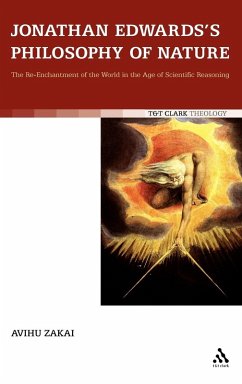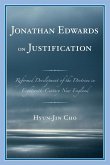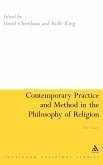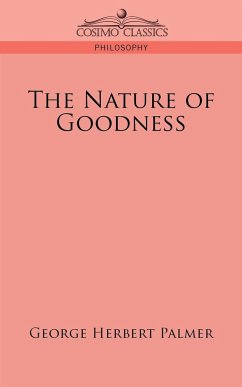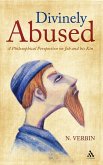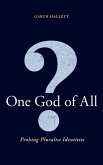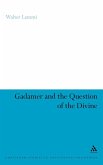Avihu ZakaiJonathan Edwards's Philosophy of Nature
The Re-Enchantment of the World in the Age of Scientific Reasoning
I. Philosophia ancilla theologiae: Science and Religion in Jonathan
Edwards's Thought
1. philosophia ancilla theologiae
2. Edwards's Typological and Emblematic View of the World of Nature
3. The Great Chain of Being
4. The God of Mechanical Philosophers
5. The School of 'Physico-Theology'
6. Edwards and the School of Physico-Theology
II. The Rise of Modern Science and the Decline of Theology as the 'Queen of
Sciences'
1. Regina Scientiarum - theology as the 'Queen of Sciences'
2. Copernicus - 'Astronomy is written for astronomers'
3. Kepler - The new Physica Coelestis (Celestial Physics)
4. Galileo - The Book of Nature 'is written in the language of mathematics'
III. 'All Coherence Gone' - Donne and the 'New Philosophy' of Nature
1. The New scientia naturalis
2. Science, Fears, Doubts and Anxieties
3. John Donne and the 'new Philosophy'
a) 'Doubts and Anxieties': Ignatius His Conclave:
b) 'All Coherence Gone': The First Anniversarie
IV. 'God of Abraham' and 'not of philosophers': Pascal against the
Philosophers' Disenchantment of the World
1. 'The Eternal Silence of These Infinite Spaces Frightens Me'
2. Pascal against the 'Philosophers'
3. 'The God of Abraham' and the 'God of Philosophers'
4. The Theatre of Nature: Natura naturata and natura naturans
V. Religion and the Newtonian Universe Reactions to Newtonian science by
Jonathan Swift, John Edwards, George Berkeley, William Blake, and others
VI. Jonathan Edwards's Philosophy of Nature: The Re-Enchantment of the
World in the Age of Scientific Reasoning
1. The scientific Revolution's Disenchantment of the World
2. Atomic Doctrine
3. The Mechanization of the World of Nature
4. The Laws of Nature
5. God and the World
6. The Nature of the Created Order

